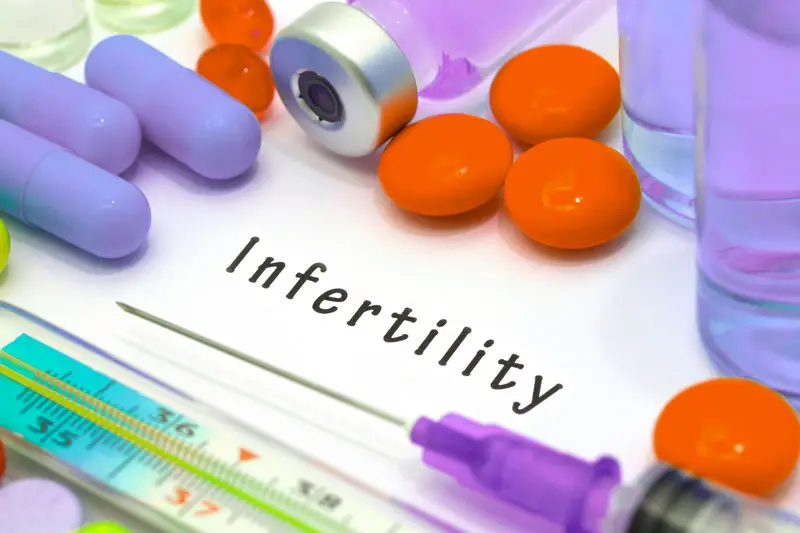


Discusses the reasons for the high incidence of problems with IVF pregnancies and considers the logical, natural alternatives.
Test-tube time bomb 'Birth defects and genetic problems in IVF children are causing concern. Just a statistical blip, or is there something wrong with the process?'
A not so immaculate conception Debate over birth defects in artificially conceived children is growing.'
These were the headlines in Australia's leading broadsheets on February 1 2003. But the issue of birth defects in IVF children should hardly come as a surprise, for it seems that Nature in her infinite wisdom confers sub-optimal fertility on those couples not healthy enough to bear healthy children. So when underlying health problems in prospective parents are not addressed before IVF procedures are carried out, and the natural protective mechanisms are by-passed, the inevitable, unfortunate results ensue.
With increasing numbers of couples in the West turning to IVF procedures, it is worth considering the issues that need to be addressed to optimise the health of both prospective mother and father to ensure a truly healthy baby. And while vital for couples committed to a high-tech approach to conception, the same issues should also be addressed by couples attempting to conceive by tried and true methods.
The idea of providing optimal conditions for conception is hardly a new one. The Ancient Greeks and Romans banned young women and newlyweds from drinking alcohol. Many tribal societies feed special diets to young women and men of childbearing age. And long practiced by farmers, veterinarians and stockbreeders, preconception health care, practised by both prospective parents, is now well recognised as the best way to improve fertility, prevent miscarriage, premature or stillbirth and foster optimal physical and mental health in the baby. In fact, many experts now consider the four-month period immediately preceding the union of sperm and egg as the most critical stage in the whole reproductive process.
Factors such as nutritional, environmental, emotional and lifestyle issues must all be taken into consideration, along with the treatment of any chronic conditions or hidden infections, with both partners equally involved in the preparation. Ideally practiced for a minimum period of 4 months before conception, this approach means a nutritious wholefood diet, no smoking, no caffeine or alcohol, a clean environment, a regular exercise program, reduced stress levels and a comprehensive, balanced program of vitamin and mineral supplementation.But along with attending to all those diet, lifestyle and environmental issues, mums-to-be taking a low-tech approach to getting pregnant, might like to know that simply having an orgasm at each baby-making attempt also means an improved chance of conceiving. Orgasm increases the blood flow to the reproductive organs helping them to function better and the contractions that accompany orgasm help carry sperm further into the cervix. And just as nutritional supplements can support all your other preconception efforts, there are also specific products such as feminine pleasure gels* that can increase the ease with which you achieve orgasm.
Finally, if it's an infertility issue that's leading you towards IVF for the answer, be assured that the success rate with the simple, natural approach of preconception health care is significantly better than that of any IVF program. Studies carried out by UK-based Foresight (The Association for the Promotion of preconceptual Care) and Surrey University demonstrate an 80% success rate in couples with infertility of up to 10 years duration.
Note: Please also check your spam or junk email folder.